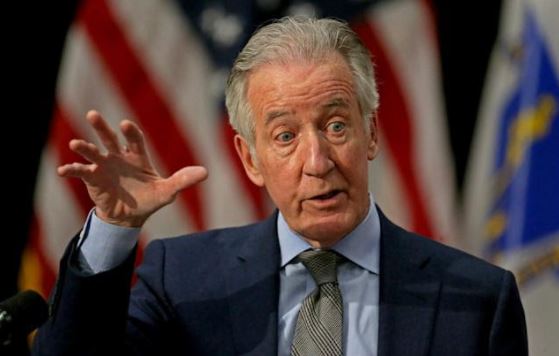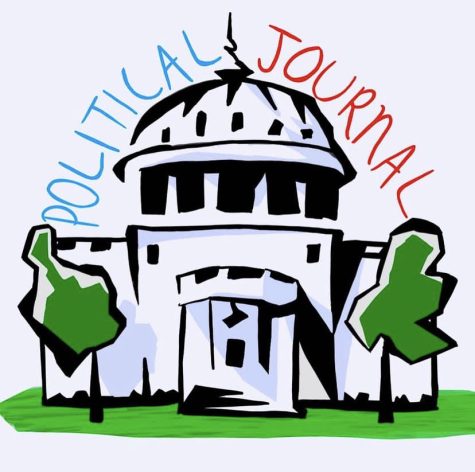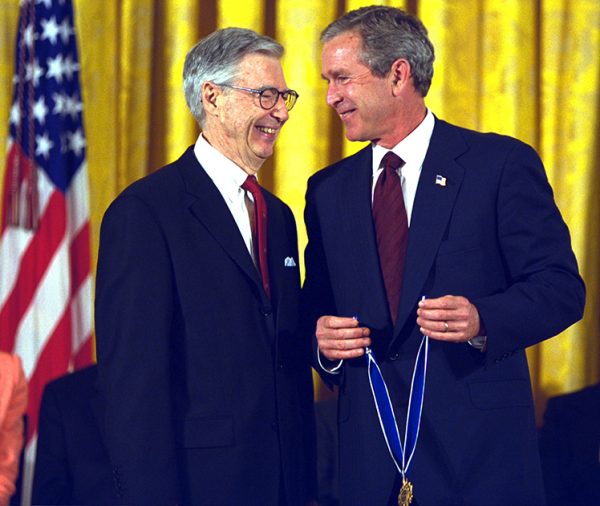The Insurance Lobby is Needlessly Complicating the Paid Leave Debate. Democrats Shouldn’t Let Them.

Richard Neal
For supporters of paid leave, Senator Kirsten Gillibrand’s re-introduction of the Family and Medical Insurance Leave Act (FAMILY Act) seems like a great opportunity to achieve a long-standing progressive goal. The FAMILY Act, if passed, would establish a straightforward and solid foundation for national paid leave policy, extending to groups previously only covered by unpaid leave mandates at the federal level. Specifically, employees would gain the ability to receive at least two-thirds of standard pay for twelve weeks in the instance of a serious health condition, the serious health condition of a family member, or the birth or placement of a child. Benefits would be paid for by the federal government, and would be between $580 and $4,000. Crucially, the bill would not remove existing private paid leave policies. Employees would be given the choice between existing leave policies funded and provided by their employers and the federal plan. Though it’s not mandated in the bill, this would effectively set a federal “floor” for paid leave—employees would only ever choose private policies if they provided more money than the amount allocated under the FAMILY Act.
Greatly expanding access to paid leave would do wonders for the American working class—only 19% of workers have access to paid family leave, and just 40% have short-term medical leave plans). But some groups do stand to lose should the FAMILY Act pass—the private insurers that manage current private paid leave plans. Enter Representative Richard Neal, chair of the House Ways and Means Committee and recipient of over $50,000 dollars from the insurance lobby during the 2021-22 fiscal year alone. Neal introduced a similar paid leave policy, but with a notable change—instead of distributing funds directly to Americans through the Social Security Administration (as the FAMILY Act and most other welfare programs tend to), it provides $600 billion to private insurers to distribute leave payments within corporations.
The added administration costs would make Neal’s plan $100 billion more expensive than the FAMILY Act, and force workers to navigate complex private insurance structures to collect their checks. The Social Security Administration could simply directly deposit checks in Americans’ bank accounts, cutting out $100 billion worth of middlemen. Private insurers have made the argument that involving administrators could guide workers in navigating the process of getting leave. The issue here is that without the private administrators, there is no process to navigate. Administering the program through the SSA would just mean checks appearing in recipients’ bank accounts. In the words of policy analyst Matt Bruenig, “Unlike health insurance, where at least arguably, the health insurer could say, ‘Hey, we’ve got a really innovative way of doing health insurance…’ with paid leave, it’s just money. It’s just cash. The only way you can make extra money is cream-skimming, or not paying legitimate claims.” Neal’s alternative creates room for private corruption, profiteering and complexity for no reason other than to prop up an industry that generously supports his campaigns. If Democrats in Congress genuinely support paid leave for working families, they should support the FAMILY Act and not Representative Neal’s bureaucratic nightmare.
Sources:
- https://www.forbes.com/sites/tomspiggle/2021/03/26/the-family-act-is-national-paid-leave-finally-possible/
- https://www.nationalpartnership.org/our-work/economic-justice/paid-leave.html
- https://www.opensecrets.org/members-of-congress/richard-e-neal/summary?cid=N00000153
- https://prospect.org/health/paid-leave-advocates-wont-push-back-on-payouts-to-private-insurance/
- https://money.yahoo.com/amphtml/democratic-lawmaker-pushes-for-federal-paid-leave-in-latest-proposal-180736211.html






